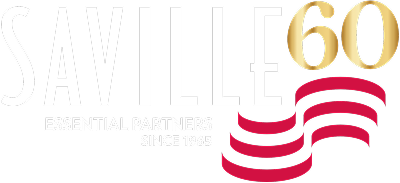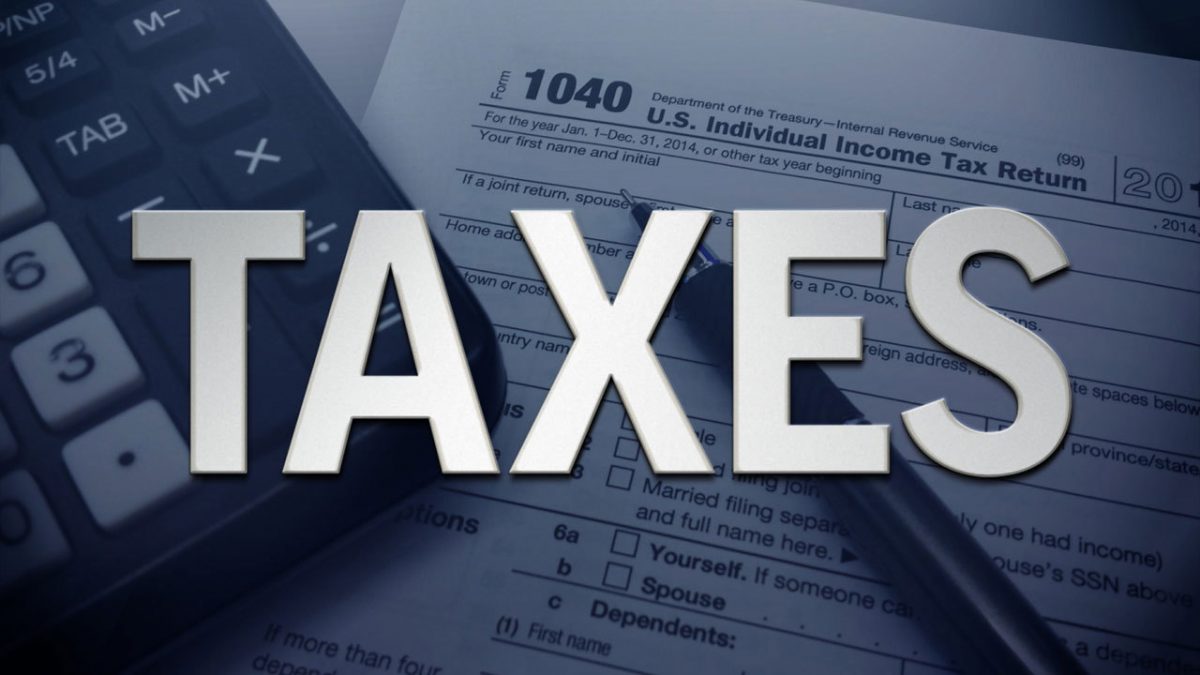IRS Website Information Updates
The IRS has suspended the mailing of three notices:
These notices go to taxpayers who have a balance due on their taxes. Although the IRS continues to make significant reductions in the backlog of unopened mail that developed while most IRS operations were closed due to COVID-19, this temporary adjustment to processing is intended to lessen any possible confusion that might be associated with delays in processing correspondence received from taxpayers.
The IRS is taking the step to avoid confusion for taxpayers who previously received a balance due notice (CP14) and mailed a payment to the IRS; however, that payment may still be unopened. The above listed are follow-up notices are typically automatically sent to taxpayers who do not respond to the CP14. These automatic follow-up notices will be temporarily stopped until the backlog of mail is reduced. The IRS will continue to assess the mail inventory to determine the appropriate time to resume the follow-up notices. However, taxpayers who have received but not yet responded to a CP14 balance due notice are encouraged to promptly respond.
In addition, the IRS has previously announced that these payments in the unopened mail will be posted and credited on the date the IRS received them – rather than the date the agency opened and processed them. The IRS reminds taxpayers in this situation they should not cancel their checks and should ensure funds continue to be available so the IRS can process them to avoid potential penalties and interest. To provide fair and equitable treatment, the IRS is also providing relief from bad check penalties for dishonored checks the agency received between March 1 and July 15 due to delays in this IRS processing.
As the IRS works to stop these mailings at our processing centers, some taxpayers and tax professionals may still receive these notices during the next few weeks due to delivery of existing mailings.
Notice 2020-65
The IRS has released Notice 2020-65 regarding the deferral of payroll taxes. The notice does not provide much information, however, listed below are the highlights.
- Employers may defer the withholding and payment of the employees share of social security tax ordinarily due between September 1 and December 31 2020, for employees with earnings below a threshold amount.
- The deferral is only available if the employees bi-weekly wage is less than $4,000, or the equivalent for other pay periods. This determination is made on a pay period-by-pay period basis.
- The deferred taxes must be withheld and paid ratably during the period starting January 1, 2021 through April 30, 2021.
- If the deferred taxes are not paid by April 30, 2021 then interest and penalties will begin to accrue starting May 1, 2021.
New Regulation on PPP Forgiveness
The SBA issued a new regulation on PPP forgiveness which clarifies a few items.
- Limitation on owner-employee compensation which is considered for forgiveness:
- Previously there was no mention of an ownership threshold to be used when defining an “owner-employee”, therefore, any employee with any level of ownership was assumed to be considered an “owner-employee” resulting in the payroll paid to such employee being subject to further limitations.
- Under the new regulation the SBA stated that owner-employees with less than 5% ownership in a C- or S- Corporation are not subject to the owner-employee compensation rules. The standard limitations that are applied to non-owner employees would still apply. There is no mention in the regulations of this new threshold being available to entities structured as partnerships.
- Eligibility of Nonpayroll Costs related to Tenant, Sub-Tenant, and Home-Based businesses:
- Previously there was not much guidance regarding the treatment of costs attributable to tenant and sub-tenant relationships, which the borrower may have, when determining forgiveness.
- Under the new regulation the SBA states that the amount of loan forgiveness for nonpayroll costs may not include any amount attributable to the business operation of a tenant or sub-tenant of the PPP borrower or, for home-based businesses, household expenses. The following examples were provided.
- If the borrower rents an office building for $10,000 and sub-leases a portion of the space for $2,500, then only the net amount of $7,500 is eligible for forgiveness.
- If the borrower has a mortgage on their office building and leases out a portion of the space, then the eligible mortgage interest is limited by the percentage share of the fair market value of the space which is not leased to another business. For example, if the borrower leases out a portion of the building which represents 25% of the FMV of the total building, then the borrower may only consider 75% of their mortgage interest for forgiveness.
- If the borrower shares a space with another business, then the borrower may only consider the prorated rent and utilities in the same manner as reported on the borrowers tax filings.
- If the borrower works out of their home, then the borrower may only consider the share of nonpayroll costs which are eligible for forgiveness and that were deductible on the borrowers tax filings.
- Related party rent payments:
- Previously there was uncertainty regarding the eligibility of related party rent payments for purposes of loan forgiveness.
- Under the new regulation the SBA has stated that related party rent payments are eligible to be considered as nonpayroll costs so long as:
- 1) the amount of loan forgiveness requested for rent or lease payments to a related party is no more than the amount of mortgage interest owed on the property during the covered period that is attributable to the space being rented by the business, AND
- 2) the lease and the mortgage were entered into prior to February 15, 2020.
- The regulation also states that any level of common ownership is considered a related party for this rule. Also, the borrower must provide the lender with mortgage interest documentation to substantiate these payments.
- The regulations also state that mortgage interest payments to a related party are not eligible for forgiveness.
Due to high call volumes, the IRS suggests waiting to contact the agency about any unprocessed paper payments still pending. See IRS.gov/payments for options to make payments other than by mail.

